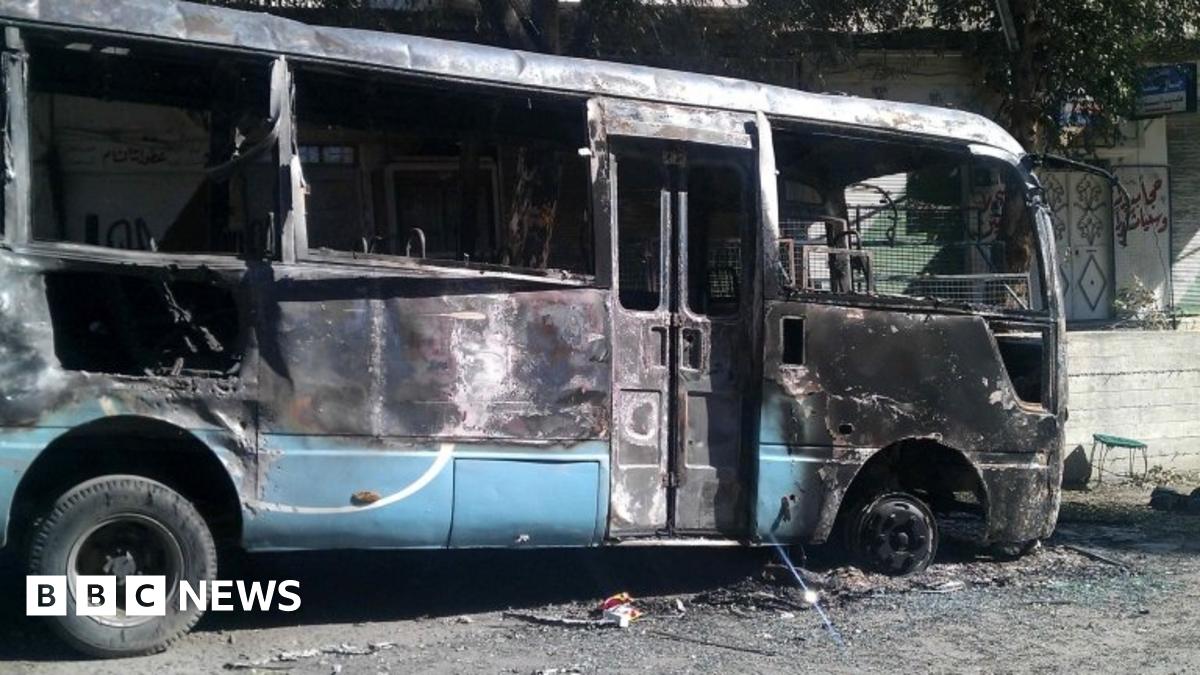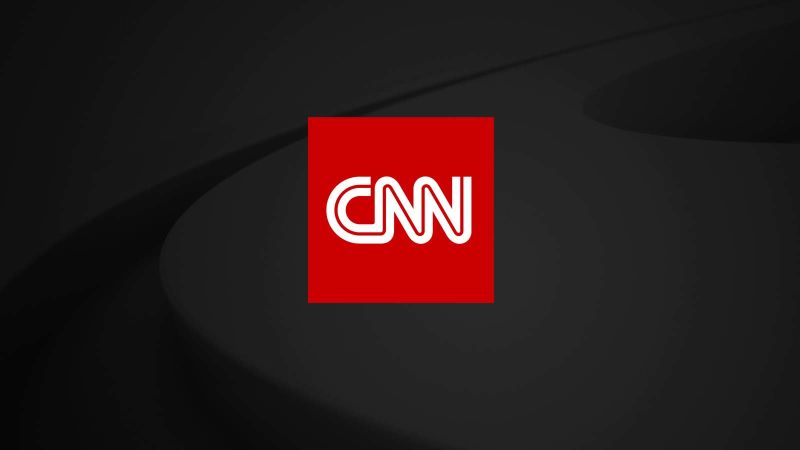Re: Regional geopolitics
Եգիպտոսի տարածքային ջրերում հայտնաբերվել են բնական գազի հսկայական պաշարներ
Եգիպտոսի Նավթի և բնական ռեսուրսների նախարարի մամուլի քարտուղար Մահֆուզ Ալ-Բունին հայտարարել է, որ երկրի տարածքային ջրերում հայտնաբերվել է բնական գազի հսկայական հանքավայրեր: Այս մասին հայտնում է Ասոշիեյթիդ Պրեսը:
Ալ-Բունիի խոսքով, հանքավայրերի պահուստները կարող է պարունակեն 123 միլիարդ խորանադ մետր գազ և մոտ 1.6 միլիոն բարել գազային կոնդենսատ: Մոտավոր գնահատականներով հանքավայրի օրական արդյունաբերությունը կարող է կազմել մինչև 40 միլիոն խորանարդ մետր գազ:
Հանքավայրերի հիմնական գազակիր շերտերը գտնվում են Եգիպտոսի հյուսիսում` Ռաս Ալ-Բարից 3 կմ հեռավորության վրա: Այս շրջանում ծովի խորությունը մոտավորապես 11 մետր է: Հանքավայրը հայտնաբերել են British Gas ընկերության դուստր ձեռնարկությունները:
Եգիպտոսի տարածքային ջրերում հայտնաբերվել են բնական գազի հսկայական պաշարներ
Եգիպտոսի Նավթի և բնական ռեսուրսների նախարարի մամուլի քարտուղար Մահֆուզ Ալ-Բունին հայտարարել է, որ երկրի տարածքային ջրերում հայտնաբերվել է բնական գազի հսկայական հանքավայրեր: Այս մասին հայտնում է Ասոշիեյթիդ Պրեսը:
Ալ-Բունիի խոսքով, հանքավայրերի պահուստները կարող է պարունակեն 123 միլիարդ խորանադ մետր գազ և մոտ 1.6 միլիոն բարել գազային կոնդենսատ: Մոտավոր գնահատականներով հանքավայրի օրական արդյունաբերությունը կարող է կազմել մինչև 40 միլիոն խորանարդ մետր գազ:
Հանքավայրերի հիմնական գազակիր շերտերը գտնվում են Եգիպտոսի հյուսիսում` Ռաս Ալ-Բարից 3 կմ հեռավորության վրա: Այս շրջանում ծովի խորությունը մոտավորապես 11 մետր է: Հանքավայրը հայտնաբերել են British Gas ընկերության դուստր ձեռնարկությունները:






Comment